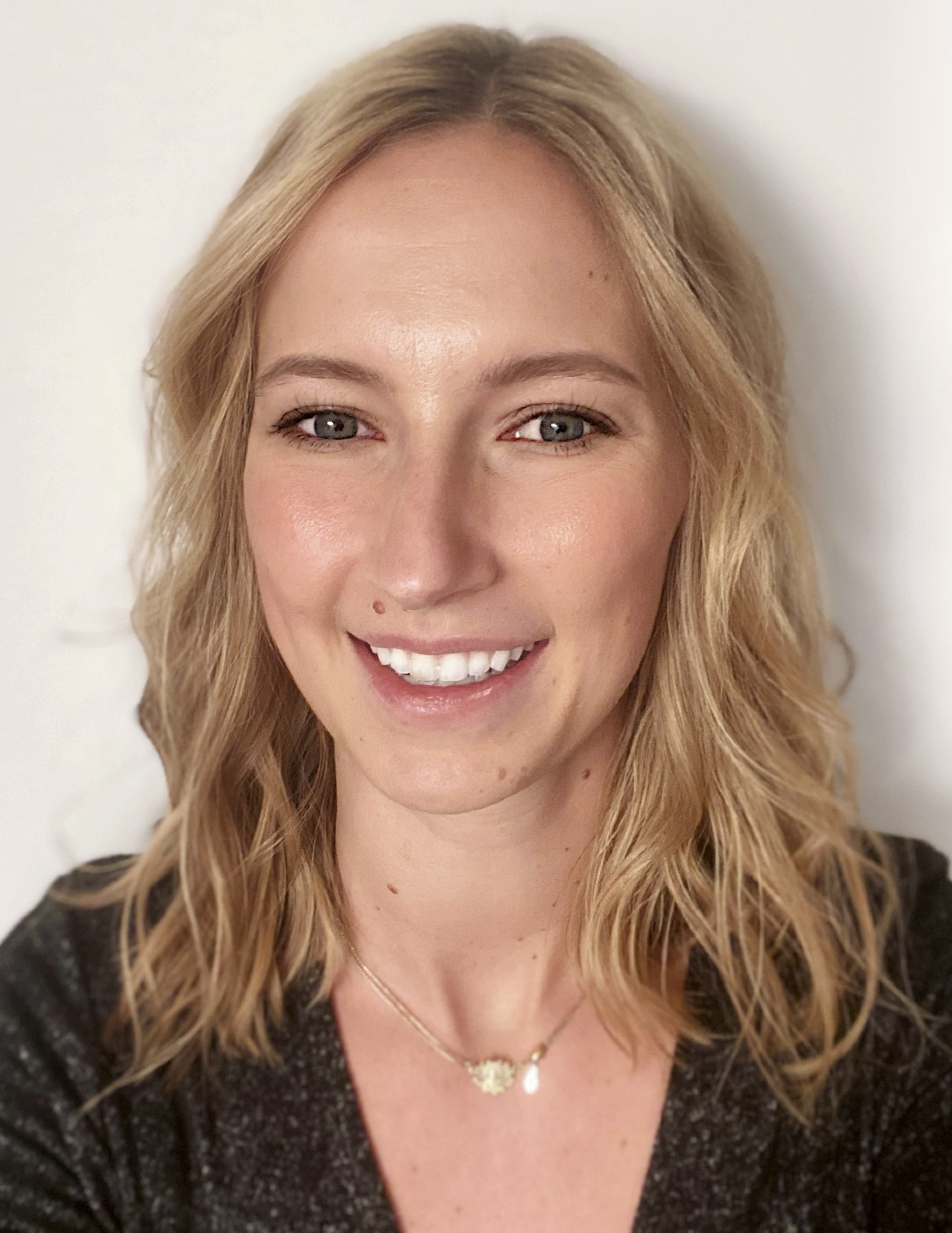Celebrating Teaching: Dr. Geri Ruissen
Sasha Roeder Mah - 10 November 2022

Geri Ruissen was born and raised in Calgary, eventually heading west to British Columbia for her education and training. These days, she’s happy to be back home in Alberta, acclimatizing to the cold and snow again and relishing her new role as assistant professor in the Faculty of Kinesiology, Sport, and Recreation. This year, she’s teaching KIN 209 (Research Methods) and the sport psychology module of KSR 576 (Principles of Performance: Programming and Pedagogy) and looks forward to collaborating with her new colleagues across the entire College of Health Sciences. And, when she has time, you’ll find her trying out all the Edmonton restaurants and farmers markets new friends have recommended.
What was the educational path that led you to your new position as assistant professor?
I completed my bachelor of science in psychology at the University of Victoria, then switched gears and did my master’s and PhD in the Psychology of Exercise, Health, and Physical Activity lab in the School of Kinesiology at the University of British Columbia. I also completed my postdoctoral fellowship at UBC, with a Mitacs Accelerate fellowship with ParticipACTION evaluating their mobile app.
What drew you to apply for this job?
The people. As I went through the interview process, I felt such welcoming warmth among the faculty. I knew this was a community I wanted to be part of.
What is your area of research?
Previous work suggests that dynamic feedback loops occur between affect (how pleasant and/or unpleasant an individual is feeling) and physical-activity behaviour. It is less clear, however, how these dynamic feedback loops unfold over time. In my research, I have adopted a continuous-time framework to explain how the bidirectional relationship between affect and physical activity unfolds over time. I am particularly interested in examining how these dynamics vary within a person over time, as well as examining how these dynamics unfold in person-specific ways. My goal is to use this information to develop just-in-time adaptive interventions to promote physical-activity behaviour, particularly among individuals with a clinically diagnosed mood disorder.
What do you love about your profession?
I love the creativity! As a teacher and researcher, innovating and questioning existing assumptions are not only allowed, but encouraged. We constantly get to create new theories, research questions, methods or interventions. In teaching, we are constantly thinking about new pedagogies that can enhance the student experience. The freedom to pursue these creative pursuits is incredibly fulfilling.
What inspires you about the profession?
The rate at which things are changing. In the last five years or so I have seen a dramatic shift in the emphasis placed on promoting equity, inclusion and diversity in teaching and research. Similarly, I have seen many more resources available on how teaching and mentorship practices can promote well-being among graduate and undergraduate students. While there is still a long way to go, I am inspired by these changes, and excited to see where we go from here.
What’s the most rewarding aspect of your work?
Without comparison, it’s mentoring and teaching. When I think about what I will be most proud of at the end of my career, it will be the impact I had on my students and trainees.
What’s something people might be surprised to learn about you?
I am very handy! One of the hobbies that I took up during COVID is woodworking and furniture restoration. My favourite pieces that I have made so far are my bedroom dresser and nightstands. I picked them up for $250 in very rough shape. I fixed all the broken drawers, stripped and sanded, added crown moulding, stained and added new hardware. It is one of a kind and I get an immense amount of pride knowing I made it.
What’s something your coworkers might not know about you?
I love math/statistics — to the extent that after I defended my PhD I got a tattoo of the stochastic differential equation that underpinned my doctoral research.
You can invite anyone — alive or dead, real or fictional — to dinner. Who would it be?
If I could only choose one, I think it would be Amy Poehler. I have watched Parks and Recreation at least four times. I love the loyalty, tenacity and ambition of Amy’s character. I also admire Amy off-screen for her empowerment of women and girls in her work with Amy’s Smart Girls. Plus, as she’s a Saturday Night Live alumna, it is bound to be an entertaining meal.
What advice would you give your 18-year-old self?
Although having a long-term plan is great, remember that life is complex. There are a lot of things that are outside of your control, and everything is constantly changing. Embrace the ambiguity. Ultimately, you will end up exactly where you need to be.